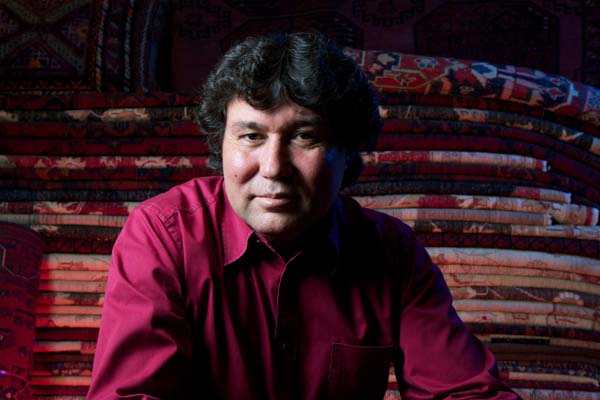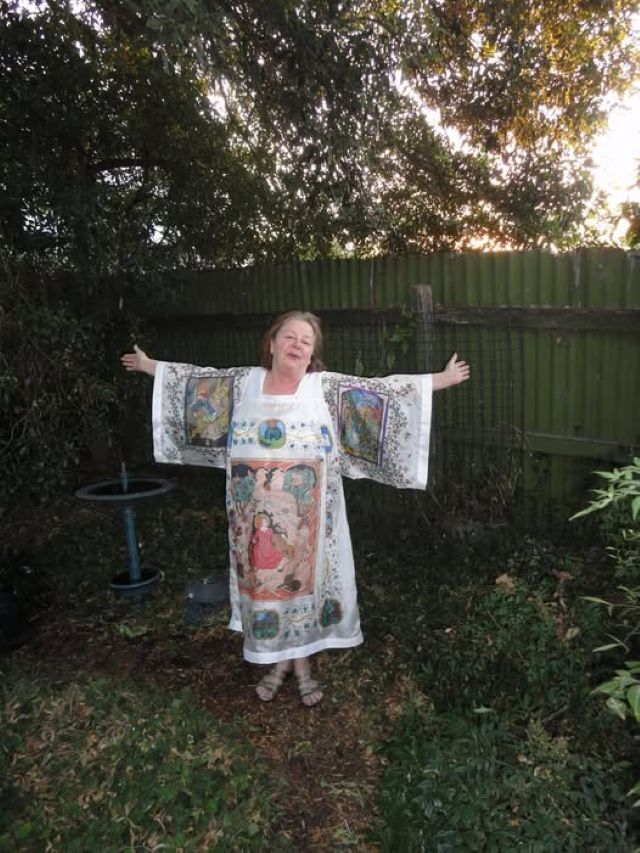HE disguised himself to flee the Taliban, escaped Pakistan on a fake passport, survived a boat journey to Australia and spent time at Woomera detention centre.
Now, Najaf Mazari is coming to Altona to tell his incredible story as captured in his bestselling book The Rugmaker of Mazar-e-Sharif.
His talk is part of Refugee Week (June 17-23) whose theme this year is ‘restoring hope’.
Mr Mazari lost his father at age eight and half of his family in tribal conflict and warfare in Afghanistan.
Despite his suffering, Mr Mazari says that if he lived in the past he’d lose his future.
“If you go to any countries at war, unfortunately one of the biggest losers are innocent people.
“My family was never involved with the politics, but we lost half of them.
“My brother was collecting honey and the Russian communist army had gone to take on that village. On the other side, the Mujahideen were there. The honey farm was in the middle of the fighting and he was killed.
“I also lost my sister’s husband and another brother. We were asleep in the middle of the night. Afghanistan ex-president Babrak Karmal was visiting … my city and was living very close to my house.
“The Mujahideen fired a rocket and it came to our house and I got injured, my mother got injured, and my brother and the husband of one of my sisters were immediately killed.”
Mr Mazari disguised his appearance to escape the Taliban.
“We have four major tribes in Afghanistan – Pashtun, Hazara, Tajik and Uzbek.
“Most of the Hazara tribe are strongly against the Taliban because we have a different religion [Shia] and have different beliefs.
“Especially, Hazara believe in more education for women.
“We say that if a woman is educated, it means children have education. And Taliban disagree with that because they don’t want a woman to go out of the house.”
After escaping to Pakistan, Mr Mazari obtained a false passport for $2500 and secured his passage to Australia via Indonesia.
He landed straight in Woomera detention centre, which he described as worse than jail.
“In the middle of the night they wake you up and check your identity.
“At the detention centre, you almost lost your name. They didn’t call me Najaf. They called me 912 because my detainee number was 912.”
He didn’t know whether he would be accepted or deported. “I was actually a lucky one. I spent about four months there, but some people had to wait four, five years.”
Najaf Mazari will speak at a free event at Altona library from 6.30pm on June 21. Bookings: rugmaker.eventbrite.com







